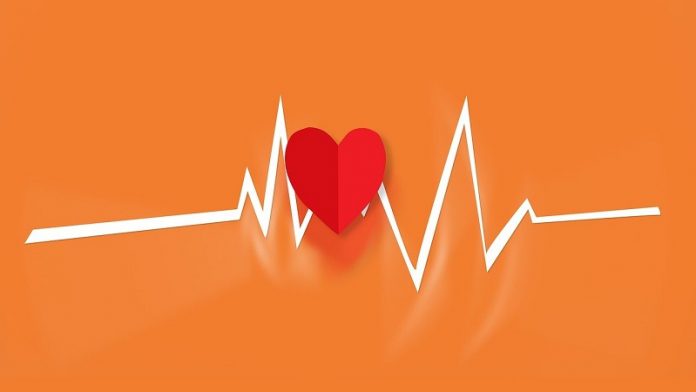
What raises the risk of heart inflammation?
Here are some common risk factors:
Age
Different age groups are at risk for different types of heart inflammation.
Although they can affect all ages, myocarditis and pericarditis occur more often in young adults. Pericarditis also commonly affects middle-aged adults.
Older adults are more at risk for endocarditis caused by bacteria.
Sex
Heart inflammation from endocarditis, myocarditis, and pericarditis is more common in men than in women.
This is true except when the inflammation is caused by autoimmune diseases, such as lupus and rheumatoid arthritis, which are more common in women.
Endocarditis and pericarditis occur twice as often in men as in women.
Family history and genetics
Genetics play a role in the risk of developing all three types of heart inflammation.
Your genes may be partly responsible for how your body responds to infection and inflammation and whether you develop myocarditis or pericarditis.
People who have structural or congenital heart defects, such as problems with the heart valves, may be at higher risk for infections that can cause endocarditis.
Certain Inherited conditions can affect your risk of heart inflammation.
For example, you may be at higher risk for myocarditis and pericarditis if you have familial Mediterranean fever or tumor necrosis factor receptor-associated periodic syndrome (TRAPS)external link . These rare conditions affect how the body controls inflammation.
Environment
Chagas disease, common in Latin America, can cause acute and chronic myocarditis. It is caused by a parasite that is spread by certain types of insects. Endocarditis caused by Streptococcus bacteria is more common in less developed countries.
Lifestyle choices
Your risk may be higher if you:
Drink too much alcohol, which could also lead to reduced heart function and heart failure
Use cocaine, amphetamines, or intravenous recreational drugs
Have poor dental health
Medical conditions
Medical conditions that can increase your risk include:
- Diabetes, which can make you more likely to develop infections
- Eating disorders such as anorexia
- HIV/AIDS, which may lead to myocarditis from causes such as treatment, viral, bacterial, or fungal infections, and nutritional deficiencies
- Skin disorders, such as burns or infections that occur often.
Procedures to treat other medical conditions also carry a risk of infection, which can lead to heart inflammation.
These include implanting a pacemaker or defibrillator in the heart, or getting treatment for heart problems.
If you care about heart health, please read studies about new way to prevent heart attacks, strokes, and heart attack risk factors you can and can’t control.
For more information about health, please see recent studies about how oral health may affect your heart, brain and risk of death, and results showing doing this can prevent 2 million heart disease cases.



